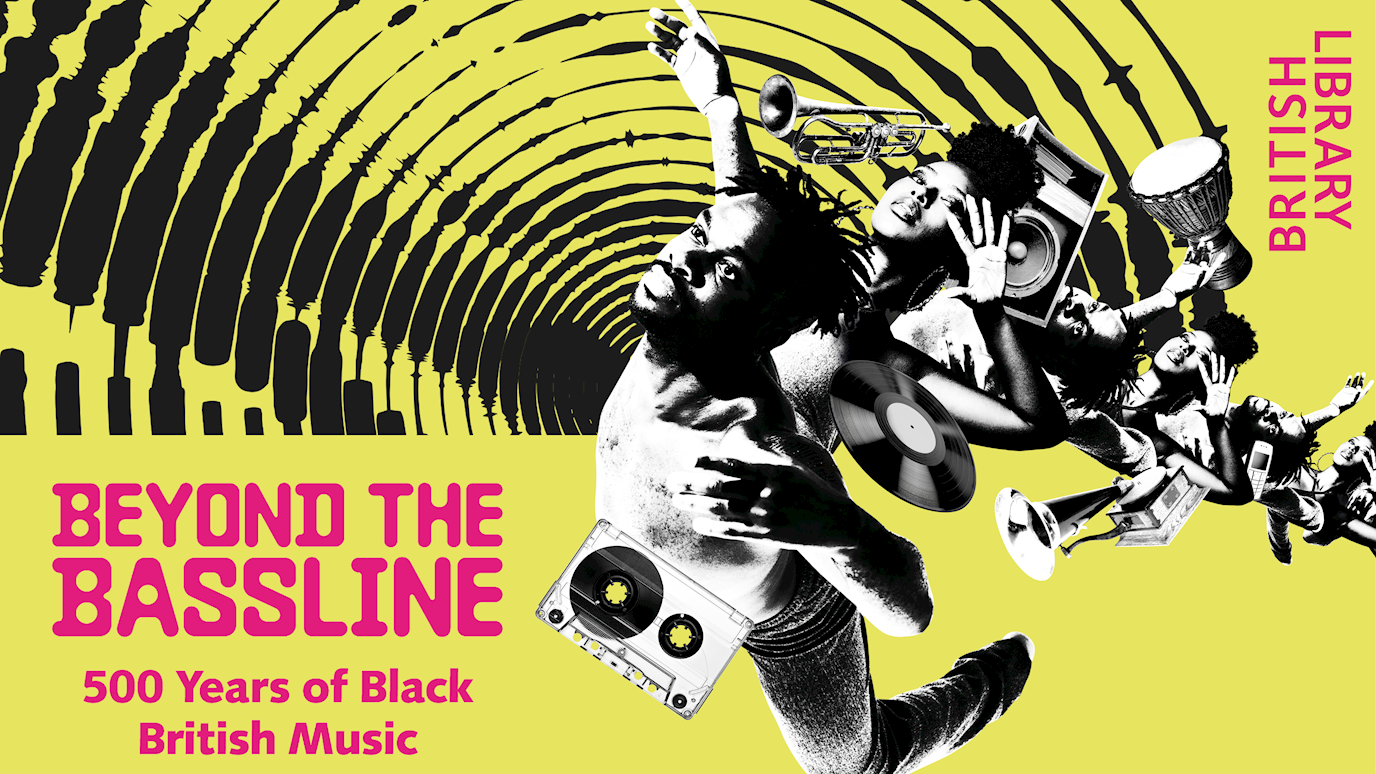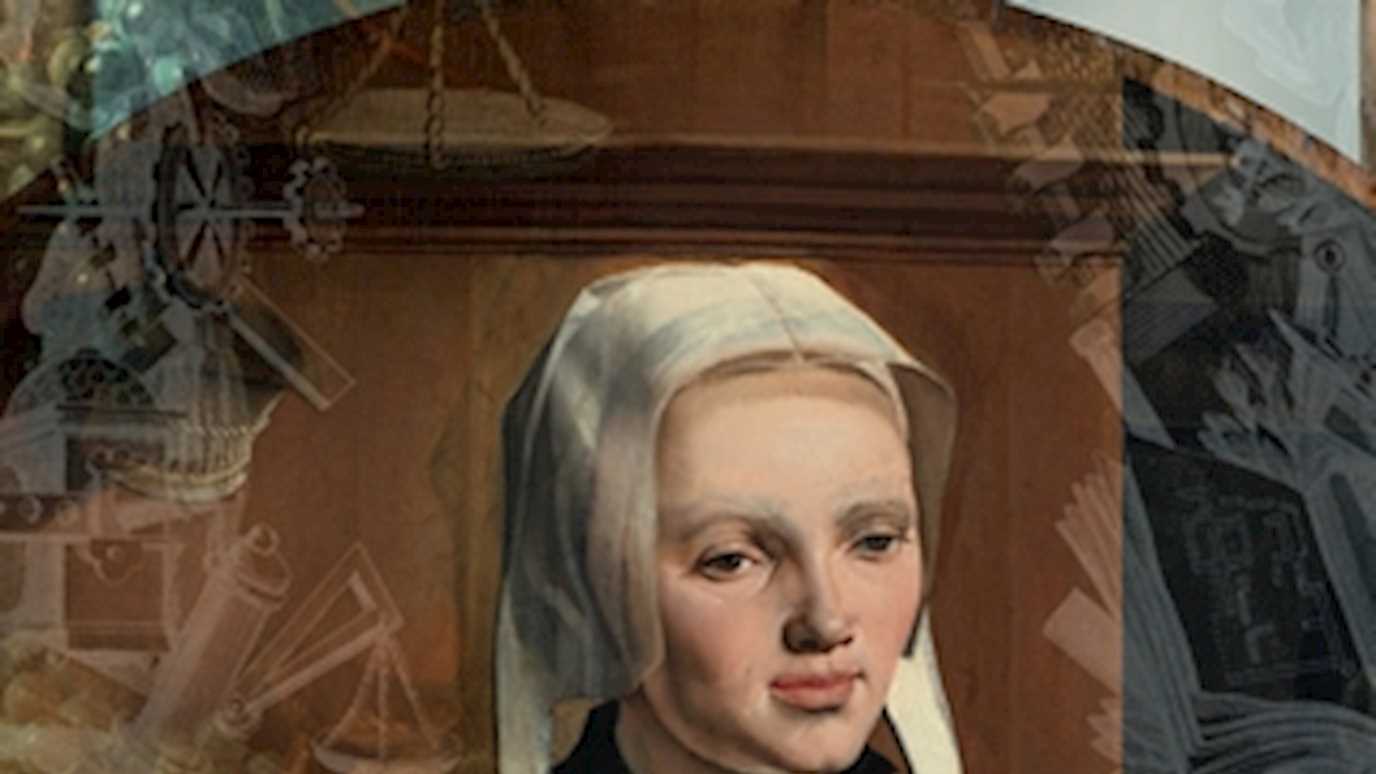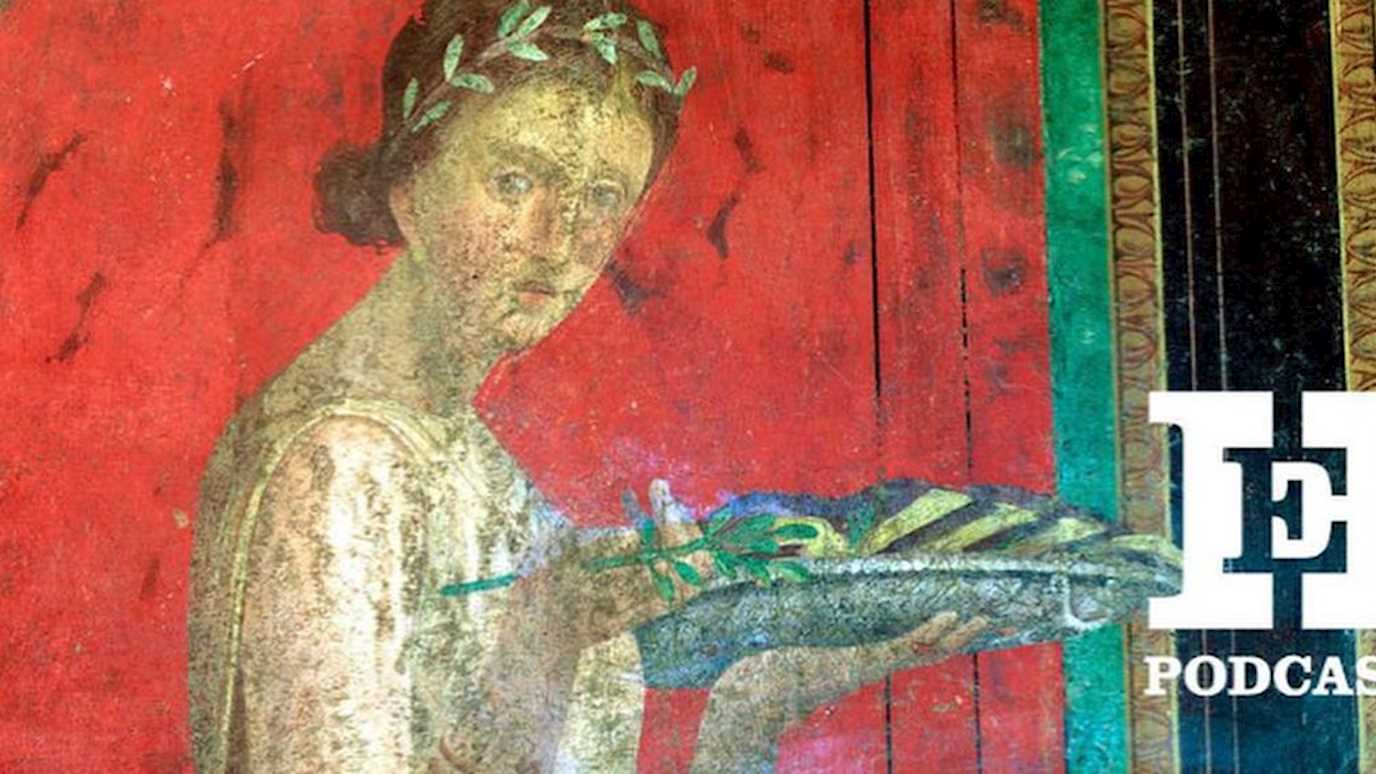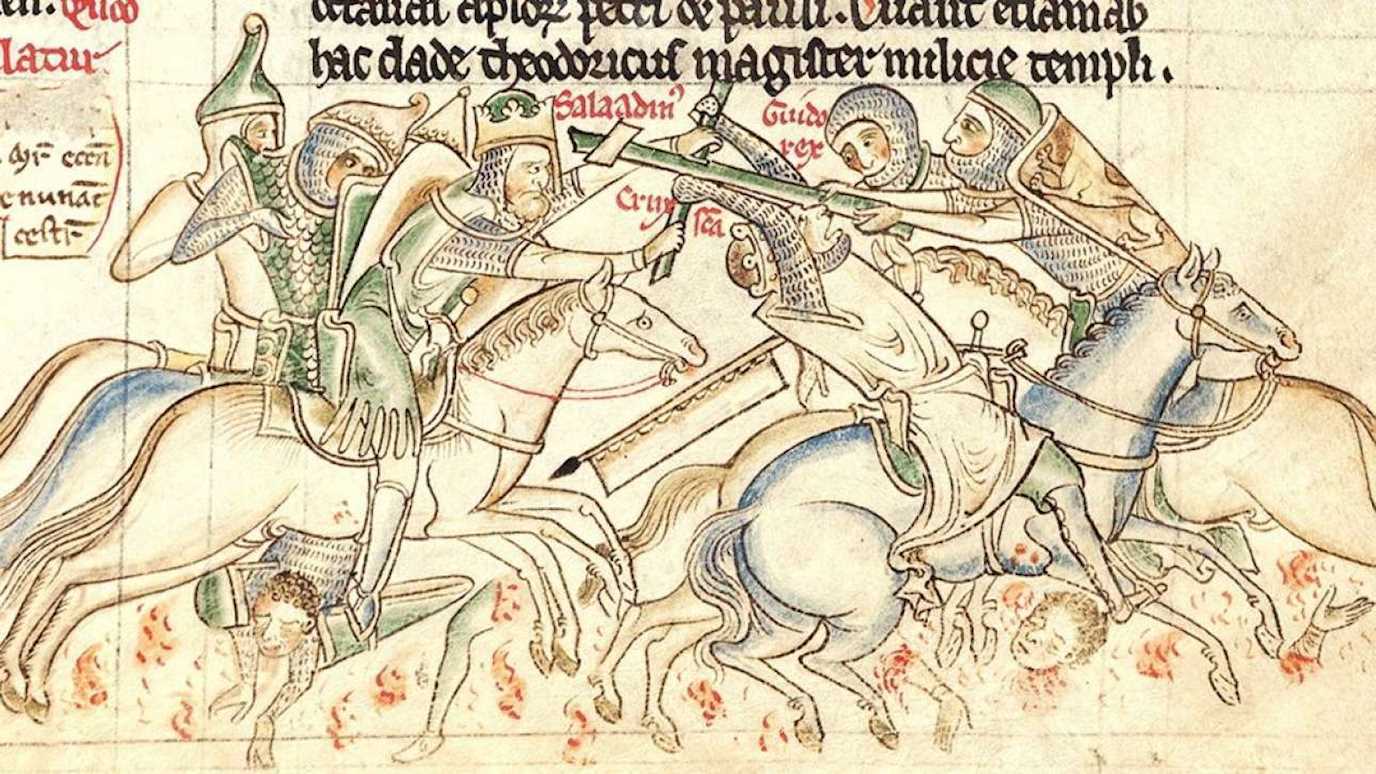Dr Sebastian F. Moro Tornese: “Harmonia and eudaimonia” - Greek philosophical ideas on musical education and the pursuit of happiness in the modern world, with a response by Professor Emerita Anne Sheppard
Twenty-second Annual Hellenic Lecture
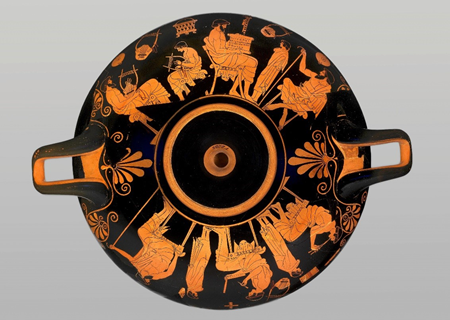
Ancient Greek schoolroom scene with music lesson.
Attic red-figure kylix painted by Douris, ca. 480 BCE.
© Staatliche Museen zu Berlin, Antikensammlung / CC BY-SA 4.0
In memory of Kostas Kalimitzis (1947-2021)
Monday, 18 March 2024, 6.15pm
Royal Holloway, University of London
The lecture delves into the timeless philosophical ideals of harmony, virtue, and a meaningful life, exploring their contemporary relevance in a world often marked by cacophony and dissonance. The notion of cosmic harmony, far from being a mere metaphor or externally attractive image, emerges as an inner transformative symbol with practical value in our modern lives. Framed within the sublime dimension of reality, this symbol expands our imagination, fostering a deep longing for personal and social development in an organic and harmonious form. The concept of a harmonious soul activates our creative imagination, reminding us of our deepest human aspirations. Greek philosophical notions, such as harmonia as a virtue and the pursuit of the most human and better kind of life through exposure to scholê and theoria, as shared ideals practiced in youth education are integral to harmonious societies. Living in harmony with nature gives us the responsibility to create and maintain a harmonious world. We can choose either cacophony or symphony. It is in this context that music creates a space of scholê, where eudaimonia, real happiness, can flourish. Dr Moro Tornese will discuss various Pythagorean, Platonic, Aristotelian and Neoplatonic views on virtuous life with relation to music and its contribution to the pursuit of harmonia and eudaimonia in contemporary societies dominated by inharmonious pursuit of material gain and instrumental activities, and then Professor Sheppard will offer a response.
Organised jointly by The Hellenic Institute and The Friends of the Hellenic Institute, the event is sponsored by the Ministry of Education, Youth and Sports of the Republic of Cyprus
Hosted by Professor Mark Fellowes, Pro-Vice Chancellor (Academic Strategy, Planning and Resources), the Lecture will be followed by a drinks Reception in the Windsor Building Foyer
All welcome but booking essential
To reserve places and for further information please contact Ch.Dendrinos@rhul.ac.uk
Please donate to The Kostas Kalimizis Memorial Bursary Fund in support of our students pursuing Hellenic and Byzantine Studies










